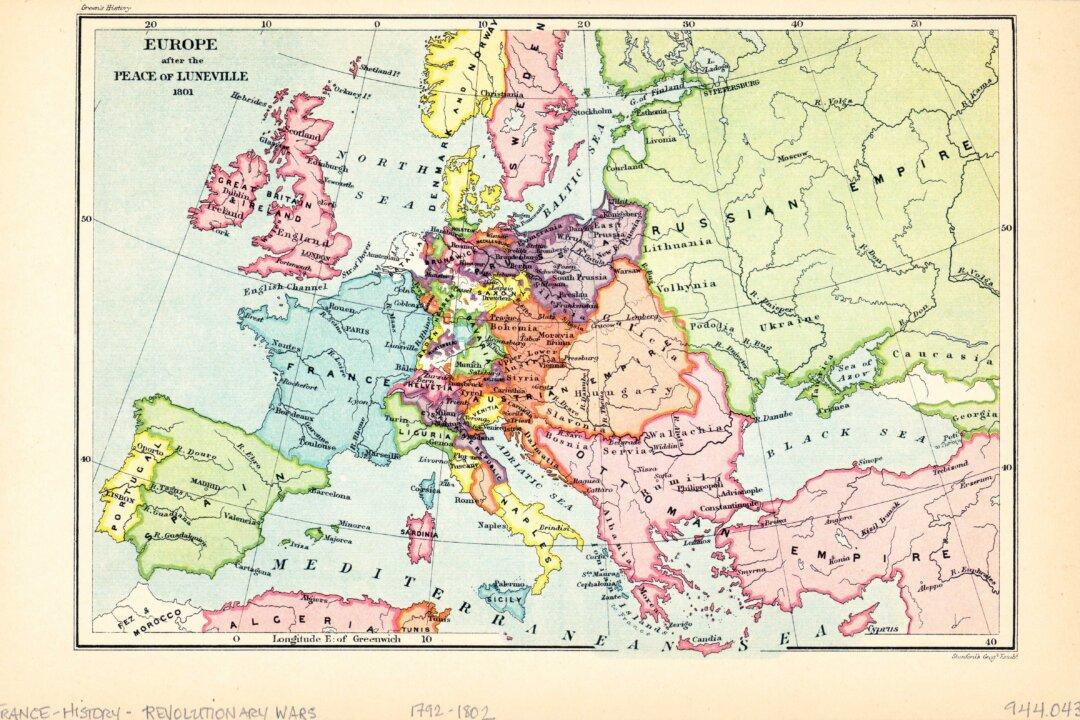The following review is part of RealClear Books and Culture’s symposium on Patrick Deneen’s ‘Regime Change.’
Has the political realignment produced a substantial political vision of its own? Patrick Deneen, a professor of political science at Notre Dame, has attempted to answer this question in his latest book, “Regime Change: Toward a Post-Liberal Order” with dubious results. What’s correct or sympathetic can be found elsewhere, and what’s half-baked or confused is proprietary. Rather than forwarding a coherent path to a post-liberal America, “Regime Change” asks a question found in the pages of Jacobin or Verso’s pop political theory output: Why isn’t America more European?

